Don’t Ask Me Where I’m From, Ask Me Where I’m Local
Reflecting On The Multi-Faceted Dimensions Of Our Identity
Having just spent almost a month in Lithuania after three years away, I’m reminded of the phrase, “Don’t ask me where I’m from, ask me where I’m local.” A concept conceived by Taiye Selasi through her TED Talk of the same name. Yes, I’m from the United States, or more precisely, New England, but I am also “local” to Lithuania and when I arrive back on the streets of Vilnius-- I exhale, and a part of me is home again. I see friends I’ve missed, eat food I crave (see photo!), get beaten with birch branches in saunas (curious?), and jump back into a different rhythm of life. There’s even a part of me that gets expressed in Lithuania that doesn’t come out in the United States so much. (My husband observes that I’m funnier when I’m speaking in Lithuanian).
We’re more complex than where we are born, what passport we hold, or who people think we are based on our physical features. The question, “Where are you from?” doesn’t really cut it. It’s an oversimplification trying to sort people more bluntly than can be done. We are not just from one place; our totality of life experiences shapes us. It has me curious, where do you consider yourself local?
In her TED Talk, “Don’t ask me where I’m from, ask me where I’m local,” Taiye Selasi asks "How can I come from a country? How can a human being come from a concept?" In my own life, borders have changed, countries have disappeared, others are newly established. I personally find it sometimes hard to affiliate with “America.” It’s so big, so encompassing, so full of contradictions. How can I be from all of it? Growing up in Connecticut rather than Alabama has offered me different experiences that have shaped who I am. Living in the center of Washington, D.C. as well as a small town in Vermont have influenced my identity. Attending a Lithuanian-American camp every summer in my childhood, as well as living in Lithuania during the independence period and returning every year, has had a profound impact on how I see myself. Ms. Selasi offers a three-step test to help identify where you are local: rituals, relationships, and restrictions.
Rituals are the day-to-day way that you go through your world-- how you pray, what you eat, small gestures that indicate identity. I read recently an article about Fika, a Swedish ritual of coffee and pastry every afternoon with your co-workers. Research shows it bolsters team cohesion, camaraderie and well-being, but I can’t imagine seriously inviting my U.S. corporate clients such a strategy. It just wouldn’t work. It’s not a part of our ritual.
Relationships are the people who shape your days, whom you talk to on a daily or weekly basis. These relationships are a kind of “home” where you understand and can be understood. And where those people have been shaped in turn shapes you.
Restrictions- this one is trickier. It is how we experience our locality. Where are you able to live? What passport do you hold? Do you experience discrimination that prevents you from feeling fully at home? A U.S. passport has afforded me many privileges in my world travels, with occasional risks, and a few restrictions. (Cuba for one). In graduate school, as someone who feels local in Lithuania, I was drawn to a new student who was a Tibetan monk. I felt connected to us both being from occupied countries part of a larger dictatorship, the Soviet Union or China. And restrictions are also the stories we make up about people and the power they hold. Are you from Guatemala or Germany, Bangladesh or Japan? We want to be careful in our asking of the question “where are you from?” as it is often a ranking mechanism of power and worth.
In a world which is more interconnected than ever, the ability to embrace and identify with being local in different places and different ways allows us to recognize and acknowledge, both in ourselves and in others, a deeper, more textured, and ultimately more interesting awareness of one another.
PS For a fun glimpse into Lithuania, please see my updated Honorary Consul of Lithuania to Vermont website here.
PPS: On a more serious note, having lived in Soviet-occupied Lithuania with Russian tanks going down the streets in 1991, the war in Ukraine touches me deeply, and I feel called to do my small part. Through our fundraiser in August, we raised over $15,000. Ukraine needs more help. I recommend: Blue Yellow for Ukraine-USA.
Great Link
A brilliant PSA by TV2 Denmark “All that we share”: (3:00)
Reflection Exercise: Moving from Theory to Action
To support you in reflecting more deeply on your identity:
Where do you feel local?
What rituals do you practice in everyday activities? Where do they come from?
Where are the relationships with people who shape our lives?
Where do you experience restrictions that keep us from staying in a place where we feel at home? (it can be corruption, inflation, discrimination, passport problems, etc.).
Quarterly Quote
I’ve learned that home isn’t a place, it’s a feeling. -Cecelia Ahern
Book Review
Braiding Sweetgrass
By: Robin Wall Kimmerer
This book deeply touched me. Robin Wall Kimmerer is a biologist and a member of the Citizen Potawatomi Nation. She illuminates her experience of being at home in both worlds-- the world of science and the world of her indigenous culture, and braids them together to awaken us to wider ecological consciousness. Elizabeth Gilbert praises it as “a journey that is every bit as mythic as it is scientific, as sacred as it is historical, as clever as it is wise.” In the fullness of summer, I am moved to acknowledge, celebrate and deepen my reciprocal relationship with nature.



